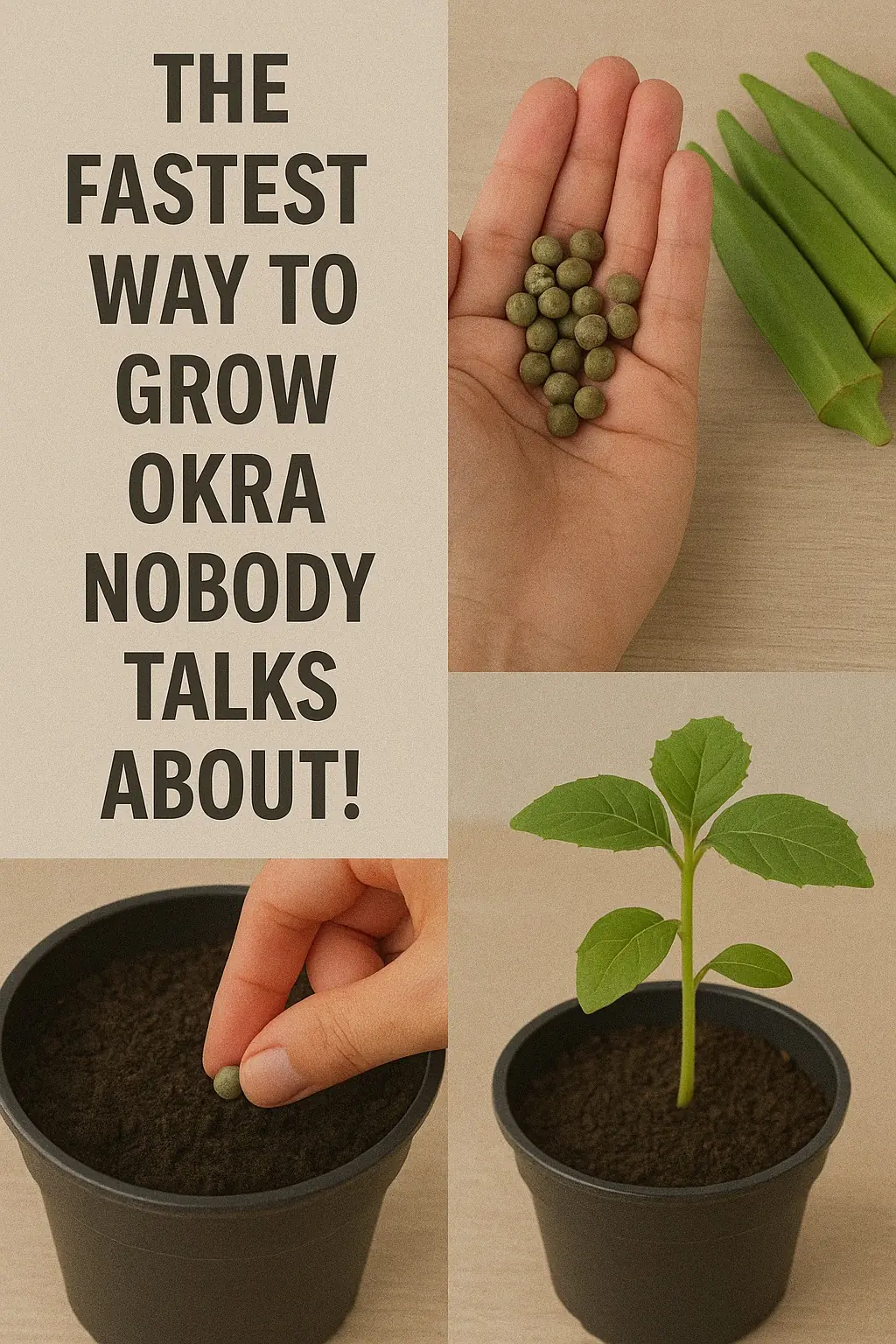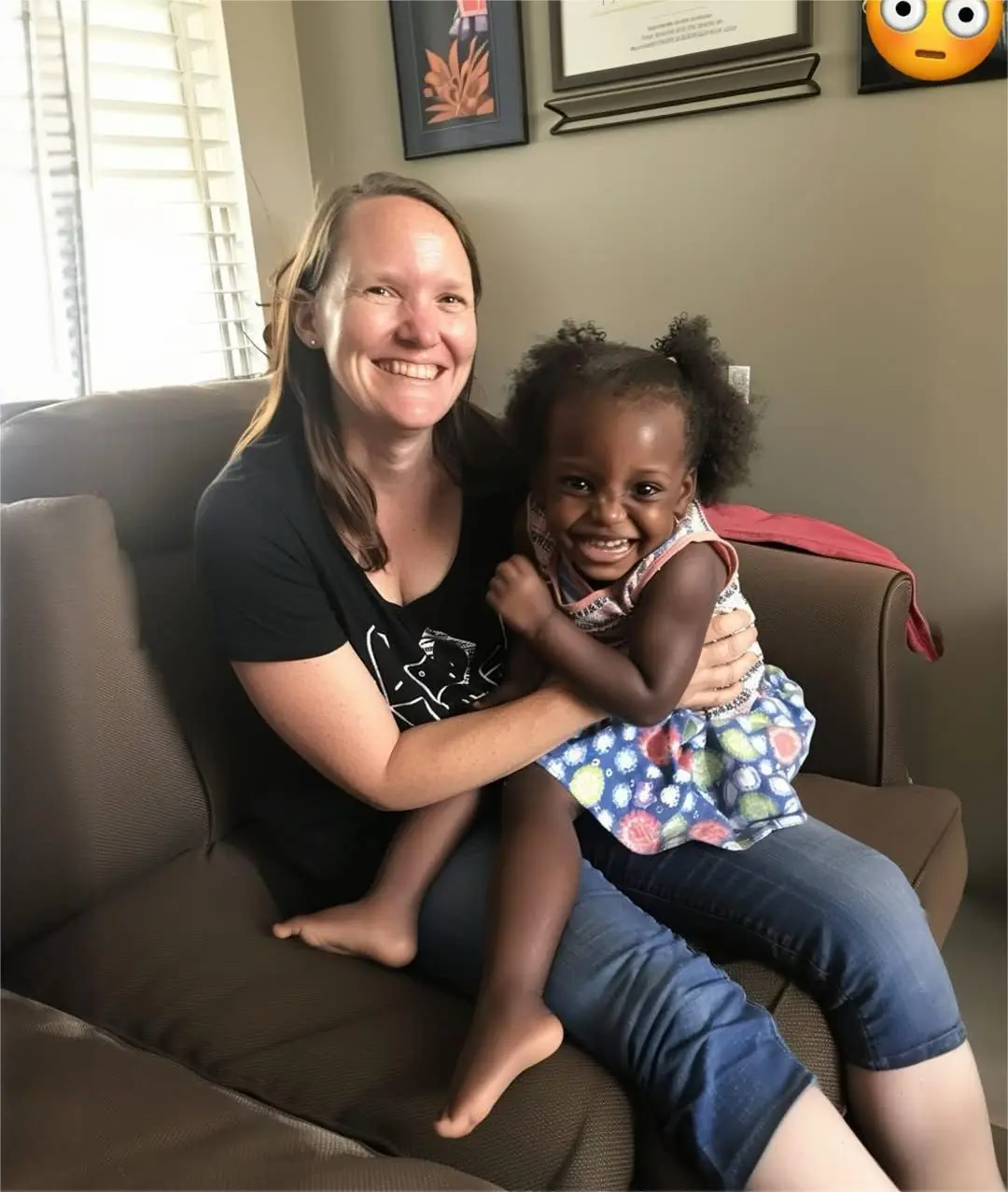
The baby deer curled up next to a wooden deer model, seeking safety after its mother was taken away by hunters.
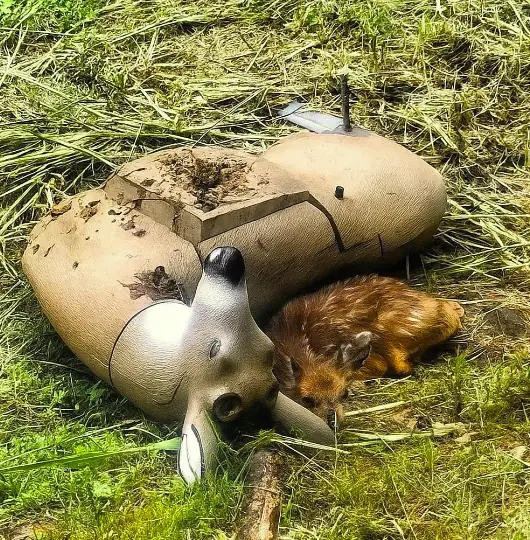
Behind every hunt, there are stories we’d rather not see.
This photo is one of them: a baby deer nestled against a wooden decoy — something it mistook for its mother.
Small and fragile, it leaned close to that dummy as if searching for protection. Its eyes shone with pure trust, believing that “mother” would shield it from the lurking dangers.
But this isn’t a scene of love.
This could be part of a hunt, where that model wasn’t created to protect, but to lure.
And I wonder: as humans, how far have we gone to orphan living beings... all for a pastime?
My first feeling is outrage.
How could anyone look at that tiny creature and pull the trigger?
The baby deer didn’t choose to be born in a world where a mother’s love could become a trap.
But then I pause, because truth is always more complex than emotions.
Hunters contribute significantly to conservation efforts in many regions.
They often understand wildlife better than many of their critics.
Without regulated hunting, some species would grow out of control, destroy forests, and eventually starve or succumb to disease.
Many hunters eat what they hunt — connecting to their food more honestly than most of us, who buy pre-packaged meat from supermarkets.
They allow animals to live freely, instead of growing up in cramped factory farms.
With that perspective, maybe the little deer is luckier to live in a world with thoughtful hunters.
But what still troubles me is this: there is no entirely “right” choice.
Not hunting? — supports factory farming.
Hunting? — creates heartbreaking scenes like this.
Going vegan? — expands agriculture, deforests land.
Buying meat? — fuels a painful supply chain.
No matter which path we take, we leave a trace. Every choice comes with a cost.
Perhaps, what this baby deer is reminding us isn’t whether hunting is right or wrong.
But rather: why have we grown so disconnected from nature that we only approach it with control — or pity?
The deer doesn’t care for debates.
It just needs its mother, her milk, her warmth, her life. Simple and true things.
But what about us?
We chase logic, correctness, and winning arguments — complex and manmade things.
So instead of asking “right or wrong,” maybe we should ask:
How can we live more responsibly with the lives that surround us?
Because the baby deer is watching.
And we must choose: what will it see in humanity?
News in the same category

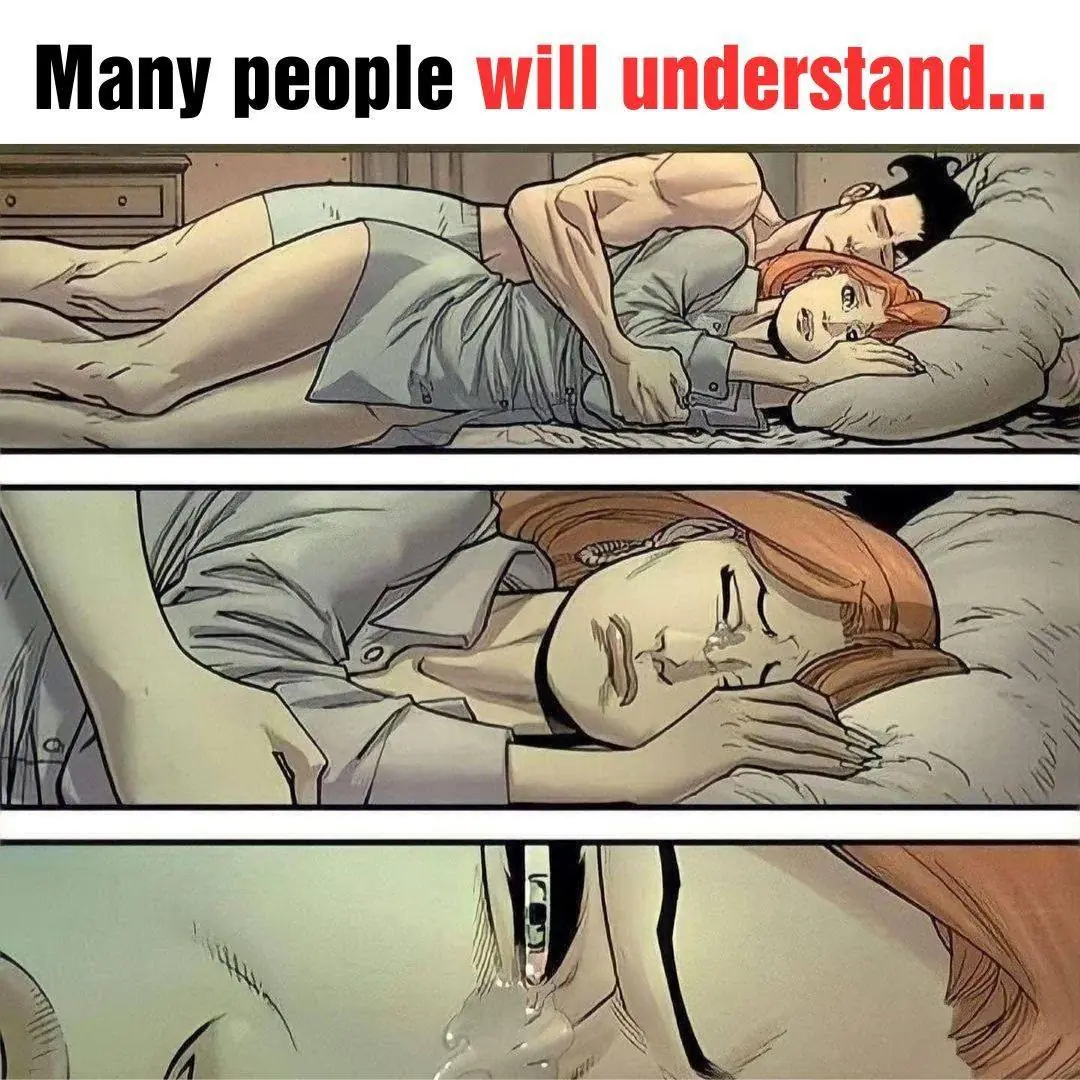
Many people will understand
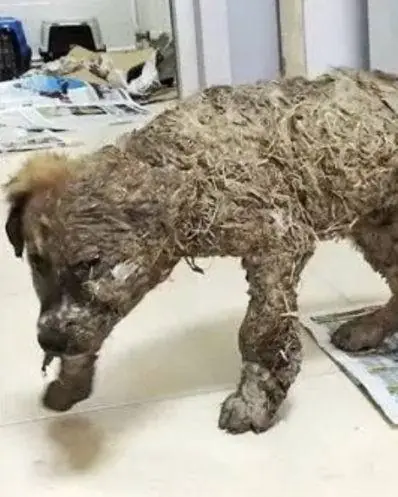
Maniacs cover him in superglue – then moments before puppy dies, animal rescuers find him
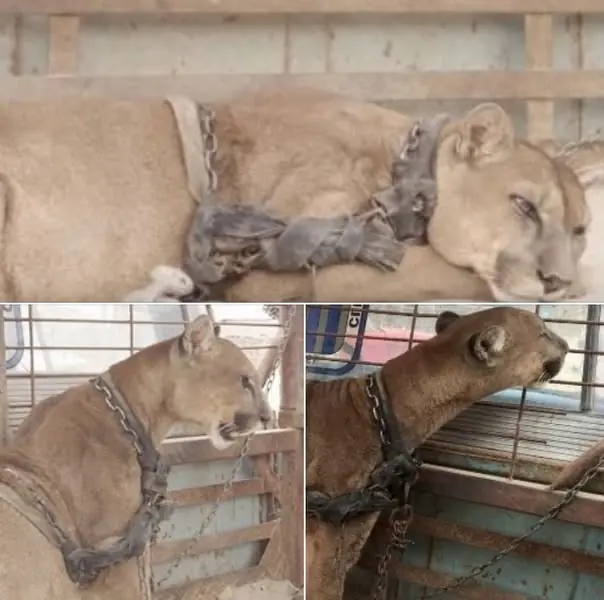
Circus lion released after being locked up for 20 years
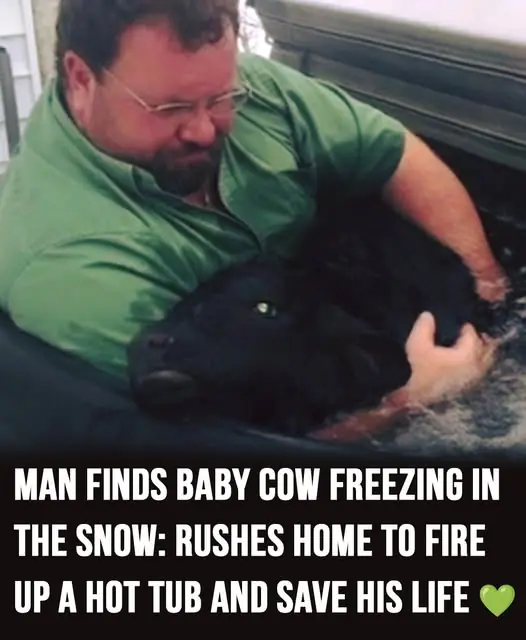
Farmer finds newborn calf freezing in the snow — and saves his life with a hot tub
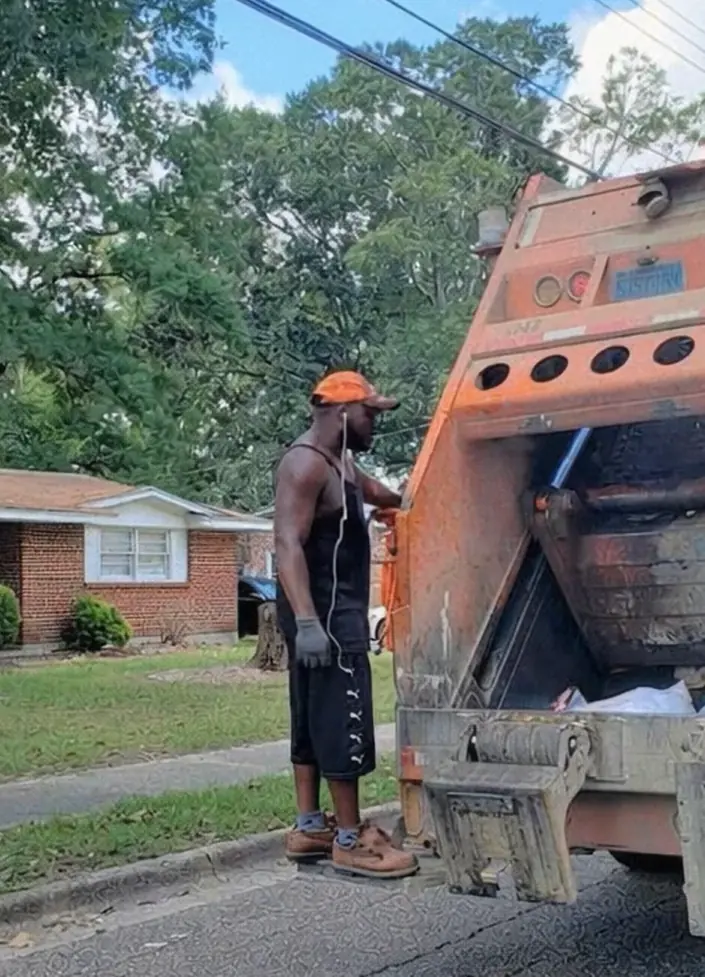
HE RETURNED HER TRASH CAN EVERY WEEK—BUT TODAY, SOMETHING WAS DIFFERENT
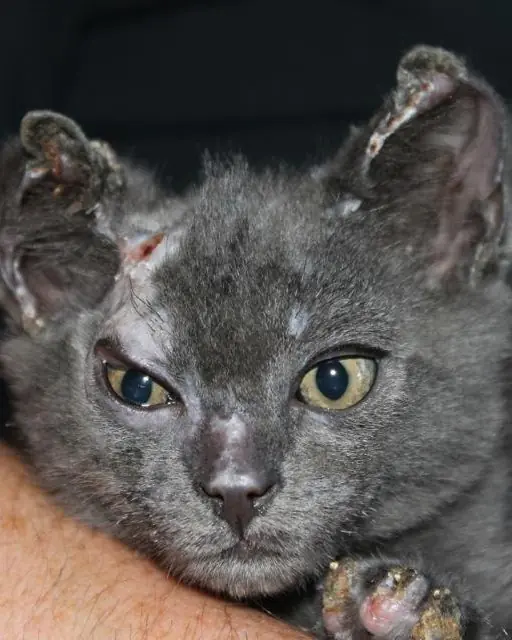
4-week-old kitten left behind in house fire survives, only to face death once again
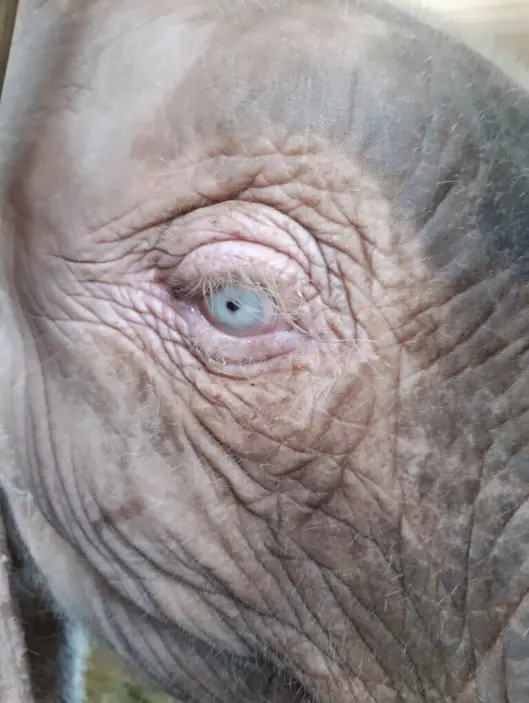
Albino elephant calf rescued after being trapped in snare for four days
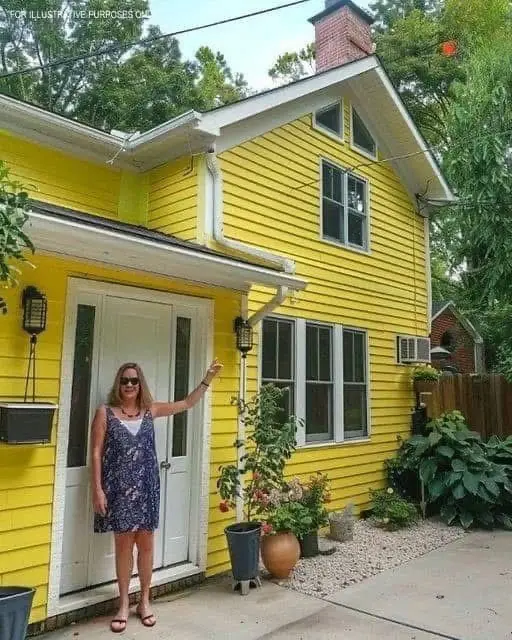
HomeCategoriesPopularAmazingAbout Us Search Get in Touch Amazing While I was away, my neighbors painted my house a different color and it made me furious – Here’s how I took revenge
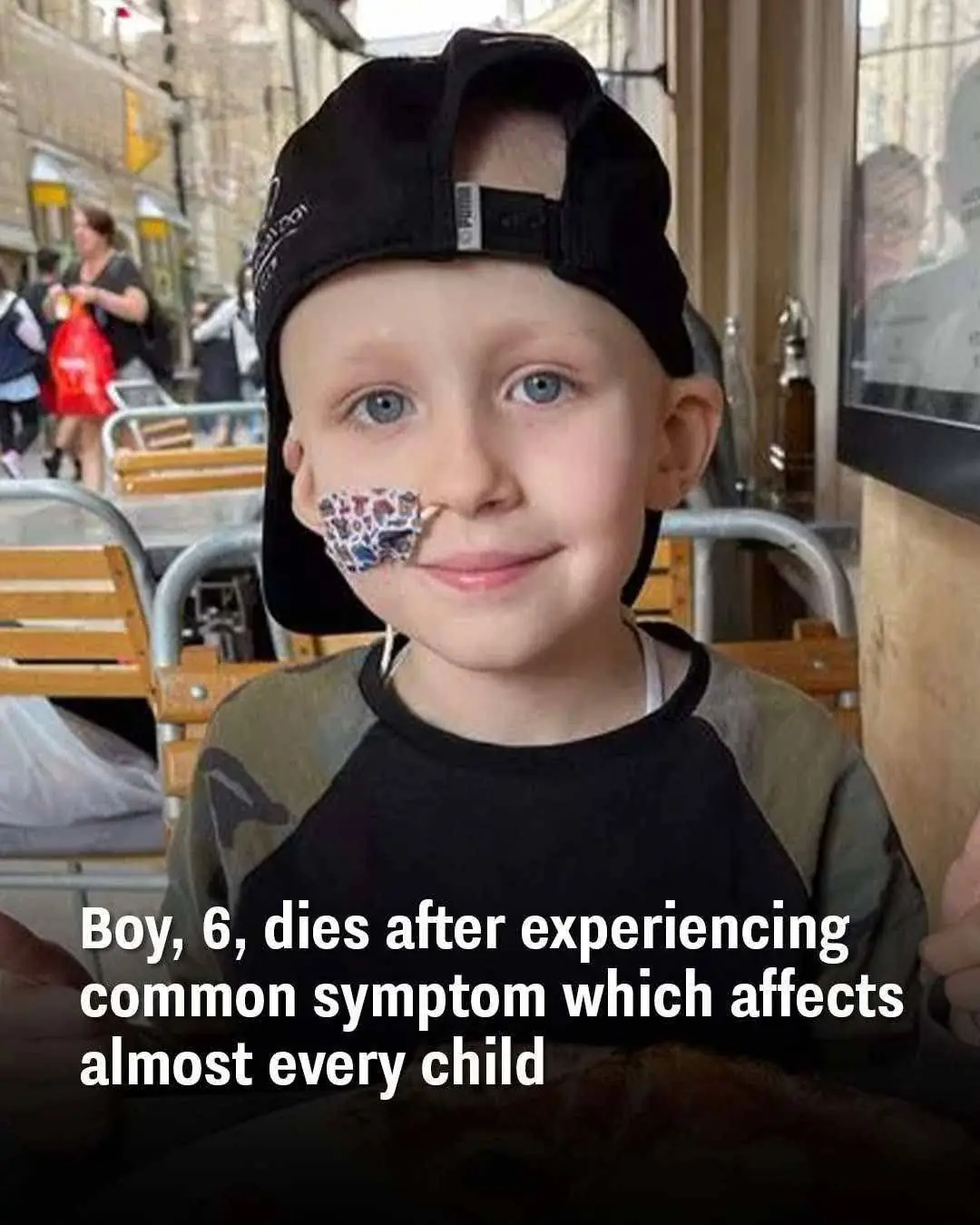
Boy, 6, dies after showing symptom nearly all kids experience
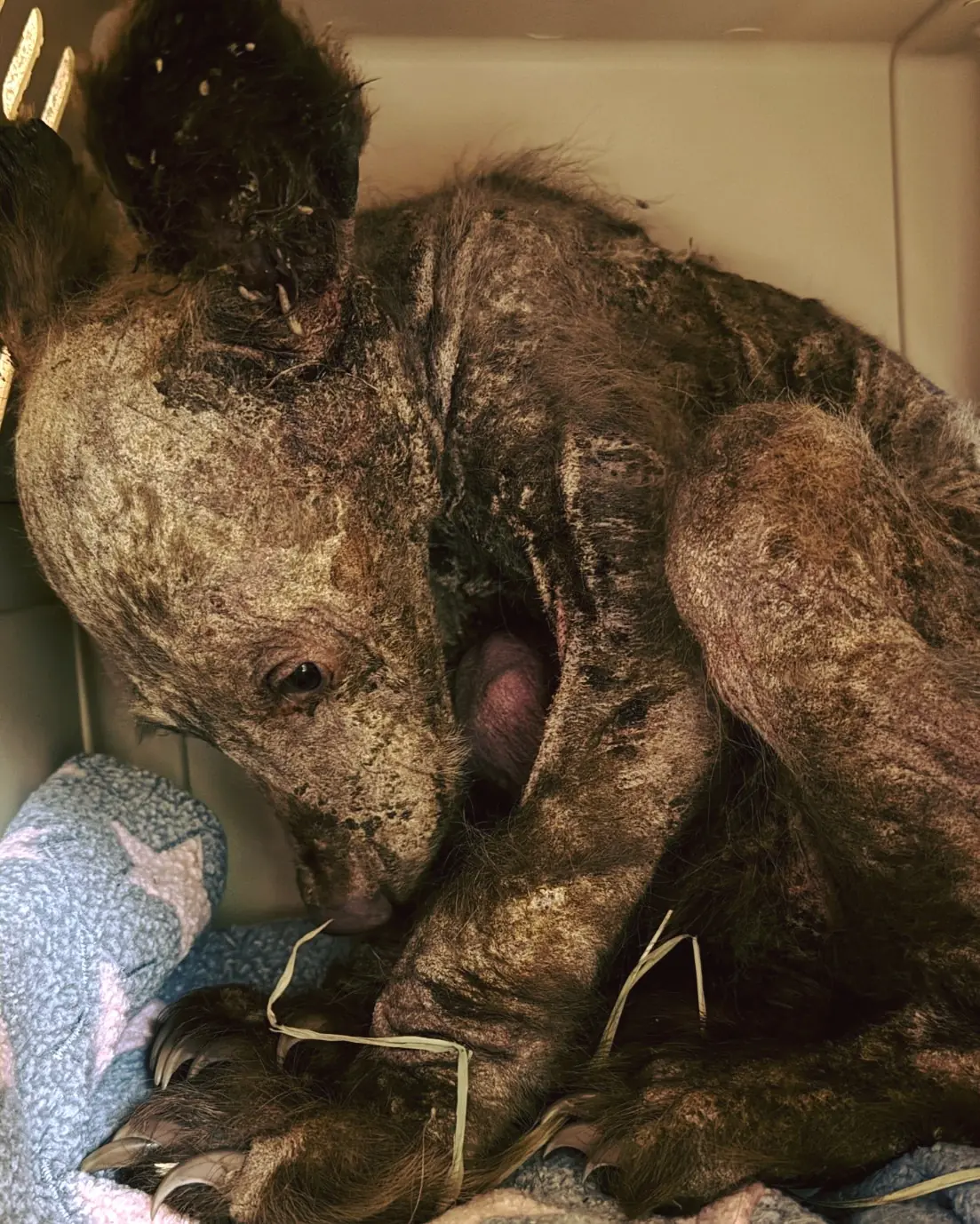
Orphaned, hairless and afraid: Now this black bear is unrecognizable

Pregnant woman relentlessly harassed by a K9 dog
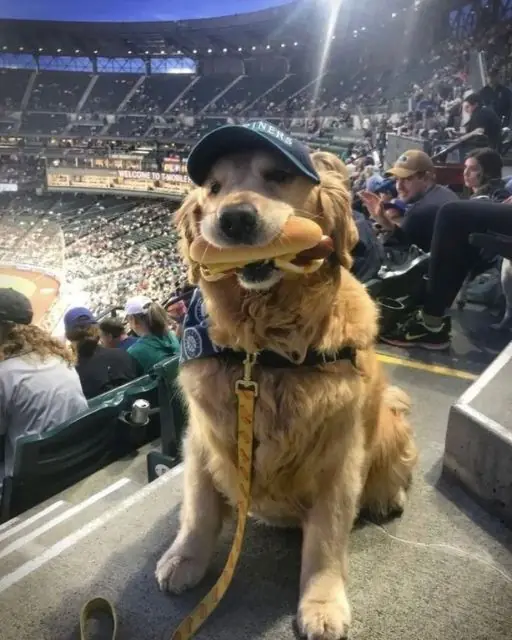
MY DOG STOLE A HOT DOG AT THE BALLGAME BUT INSTEAD OF GETTING MAD THE CROWD DID SOMETHING I NEVER EXPECTED
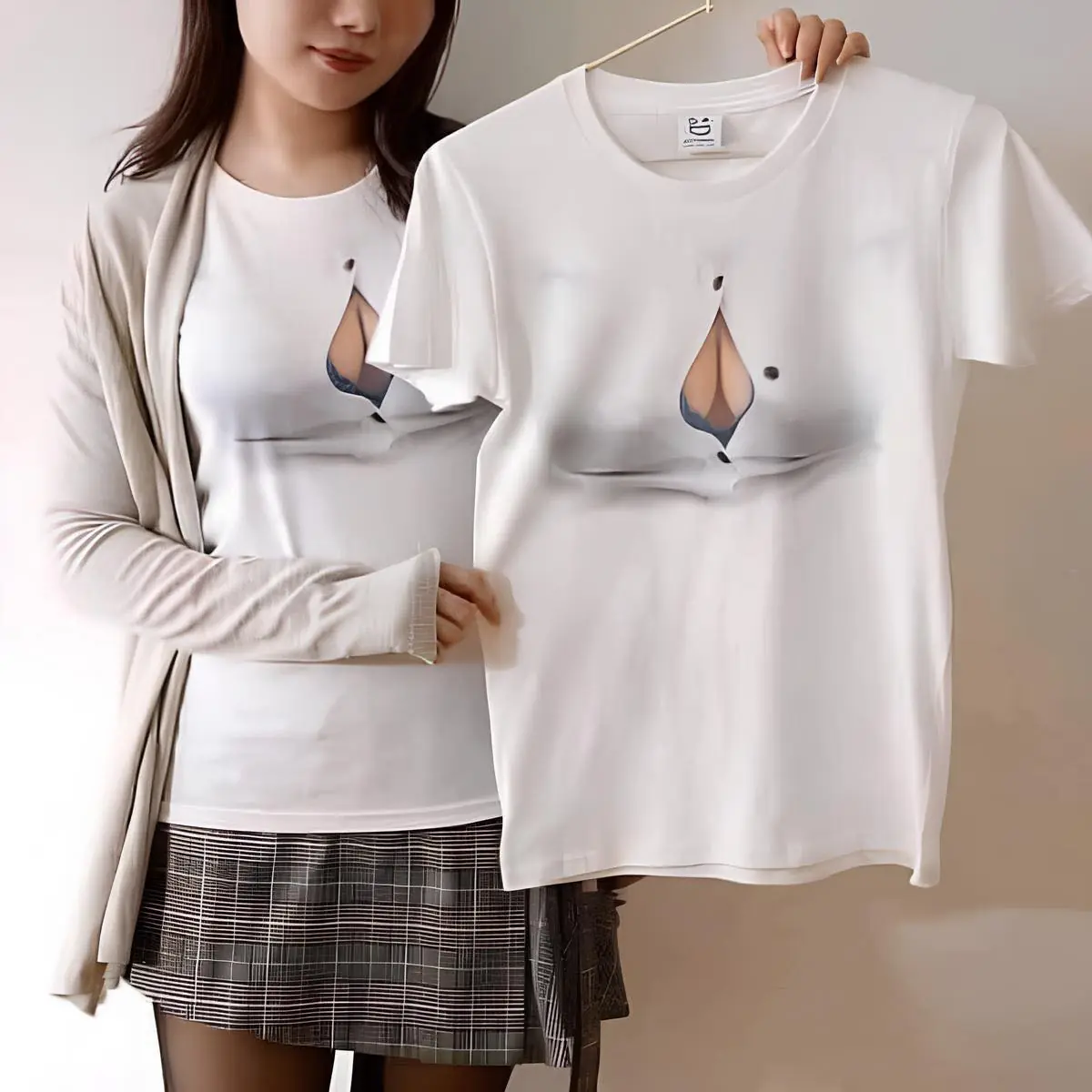
Japan’s got a solution for everything

MY K9 PARTNER SAVED MY LIFE LAST YEAR—BUT THIS MORNING HE REFUSED TO GET IN THE CAR
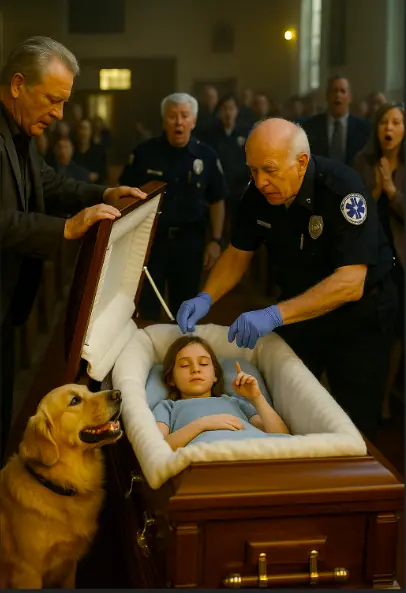
At My Granddaughter’s Funeral, Her Dog Wouldn’t Stop Barking Near the Coffin…
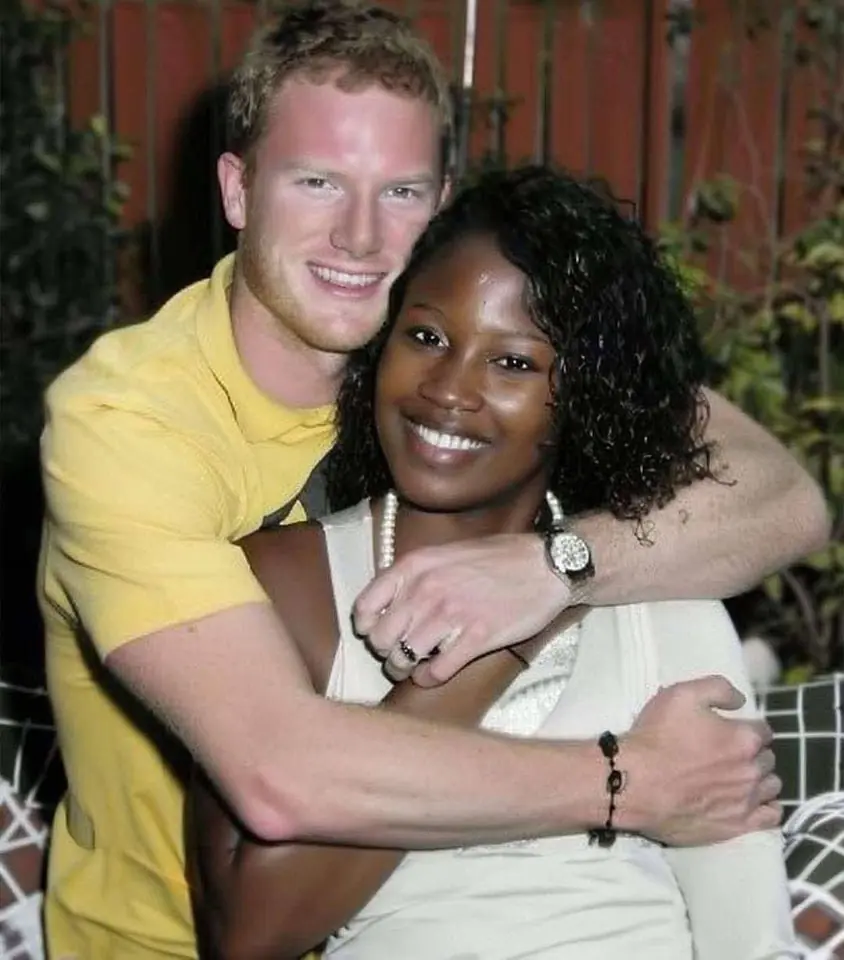
What my wife’s rejection taught me about self-worth
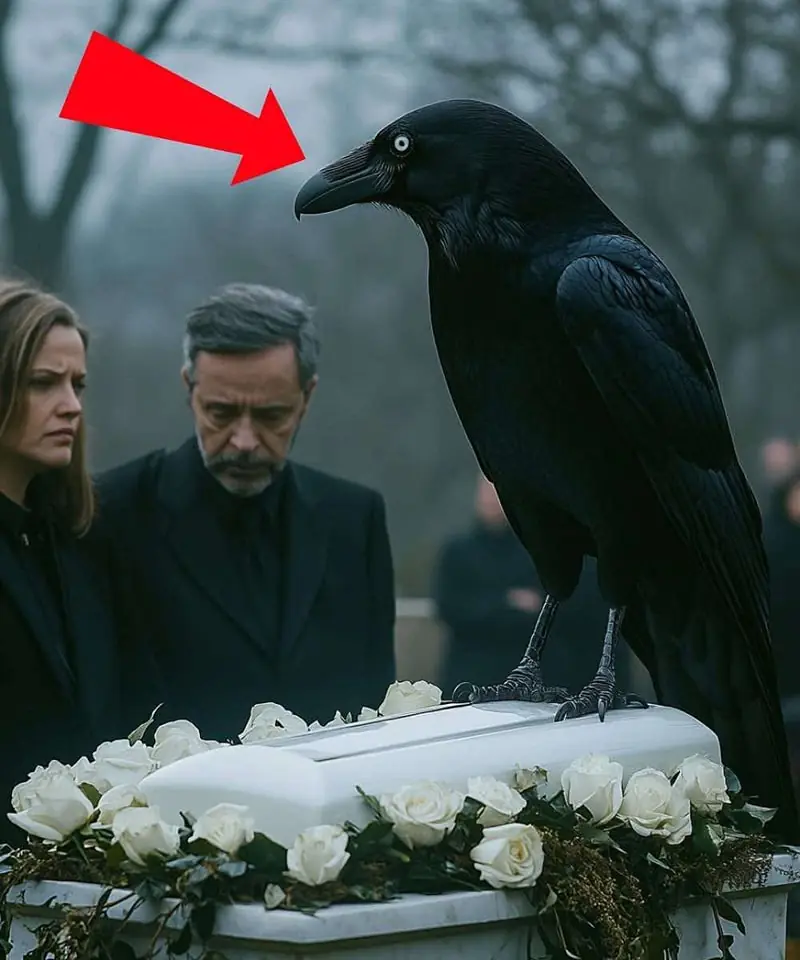
During the funeral, a crow lands on the little girl’s coffin
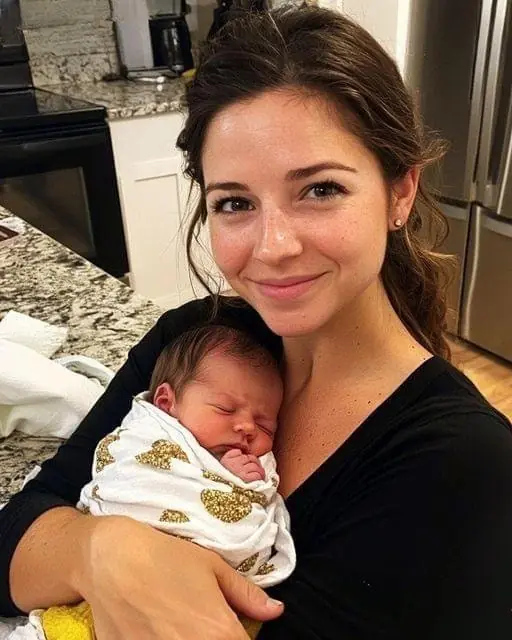
Caring for our newborn meant missing dinner—my husband didn’t save me a plate
News Post

My sister abandoned her adopted daughter after having a bio son
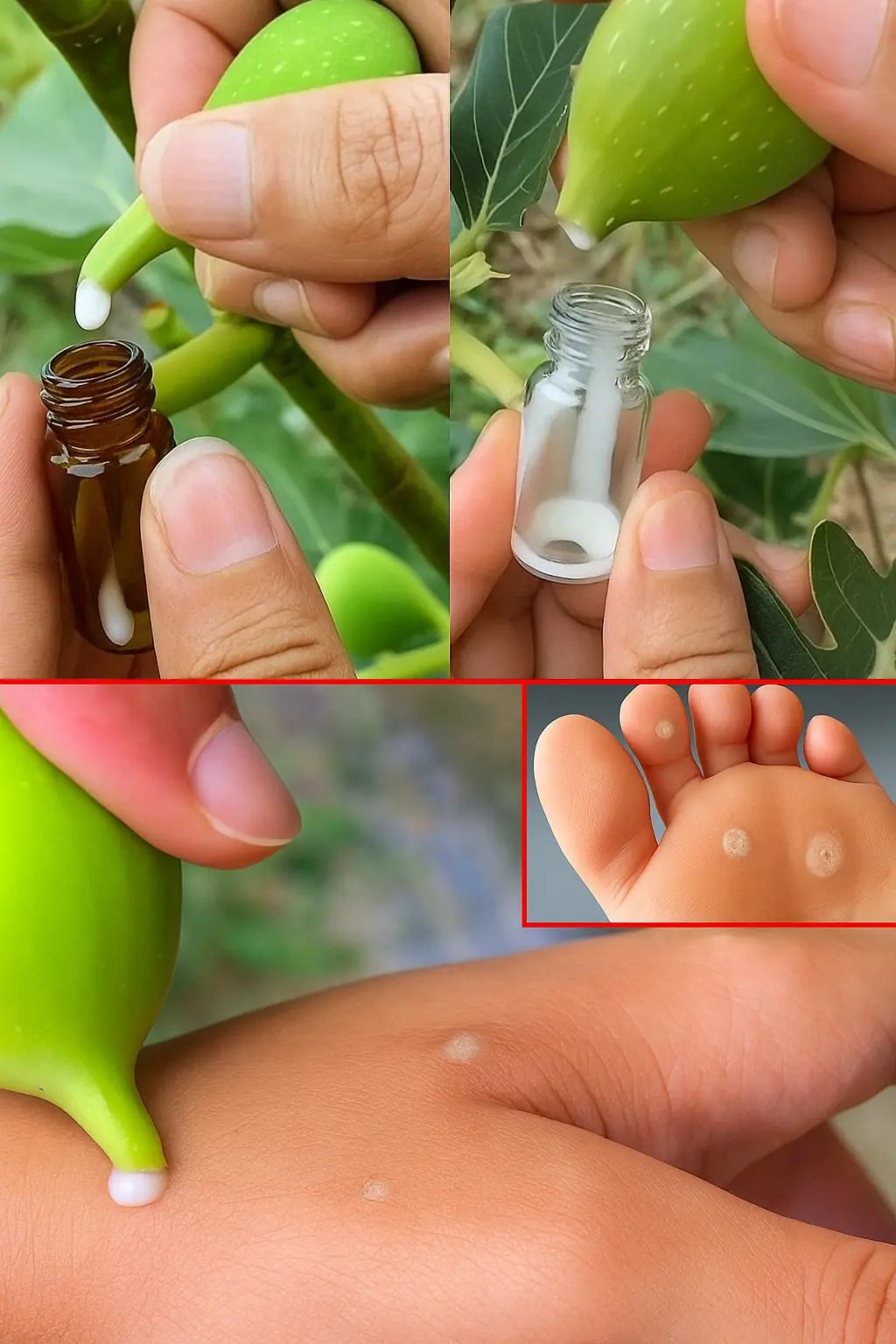
Fig Sap: Nature’s Quiet Remedy for Skin, Digestion & Everyday Wellness
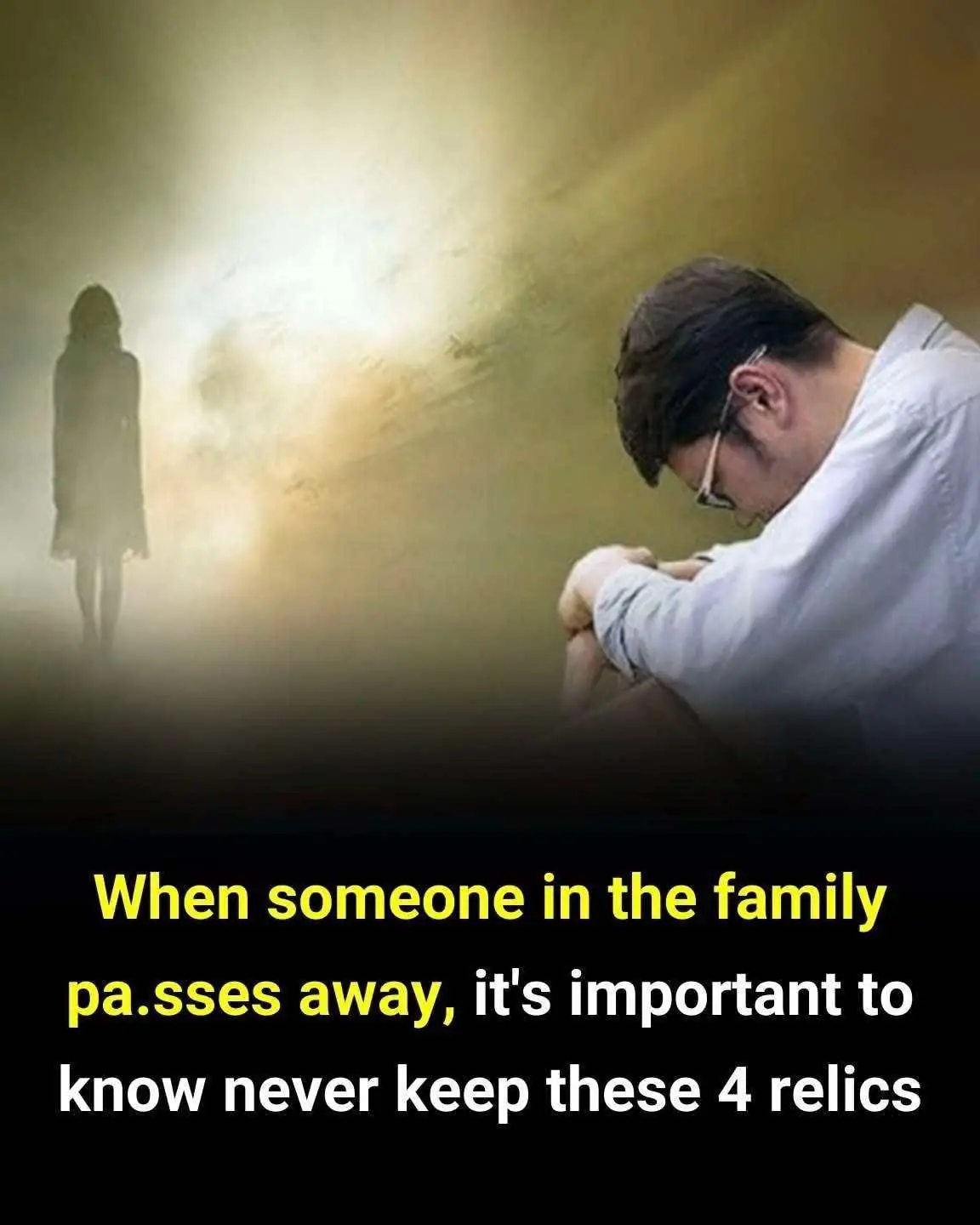
Never keep these 4 relics after losing a loved one

DO THIS SIMPLE HOME REMEDY WITH VASELINE TO GET RID OF CRACKED HEELS IN 3 DAYS! 🧴🦶
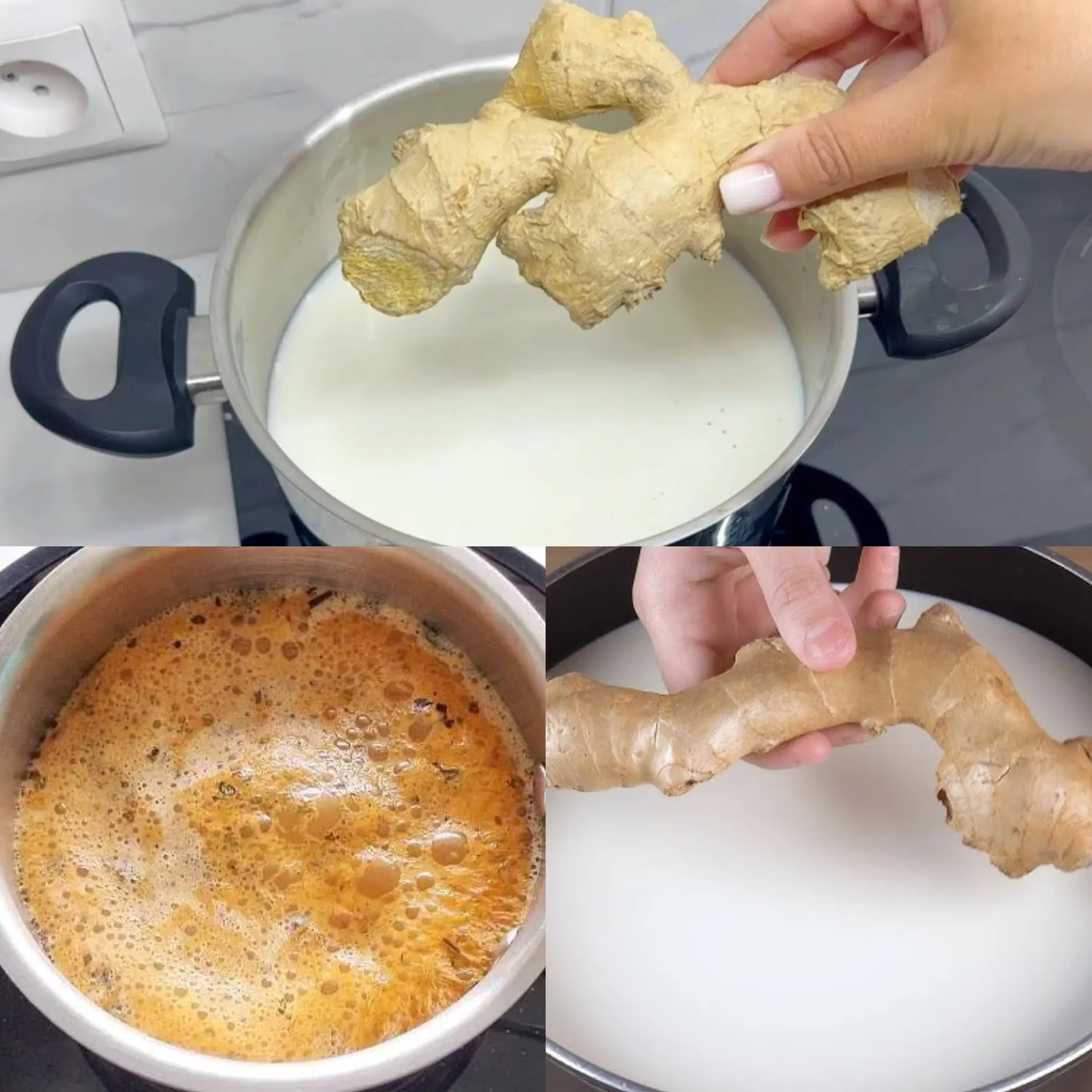
Just Add Ginger Root to Boiling Milk – You’ll Be Thrilled! 🥛🌿
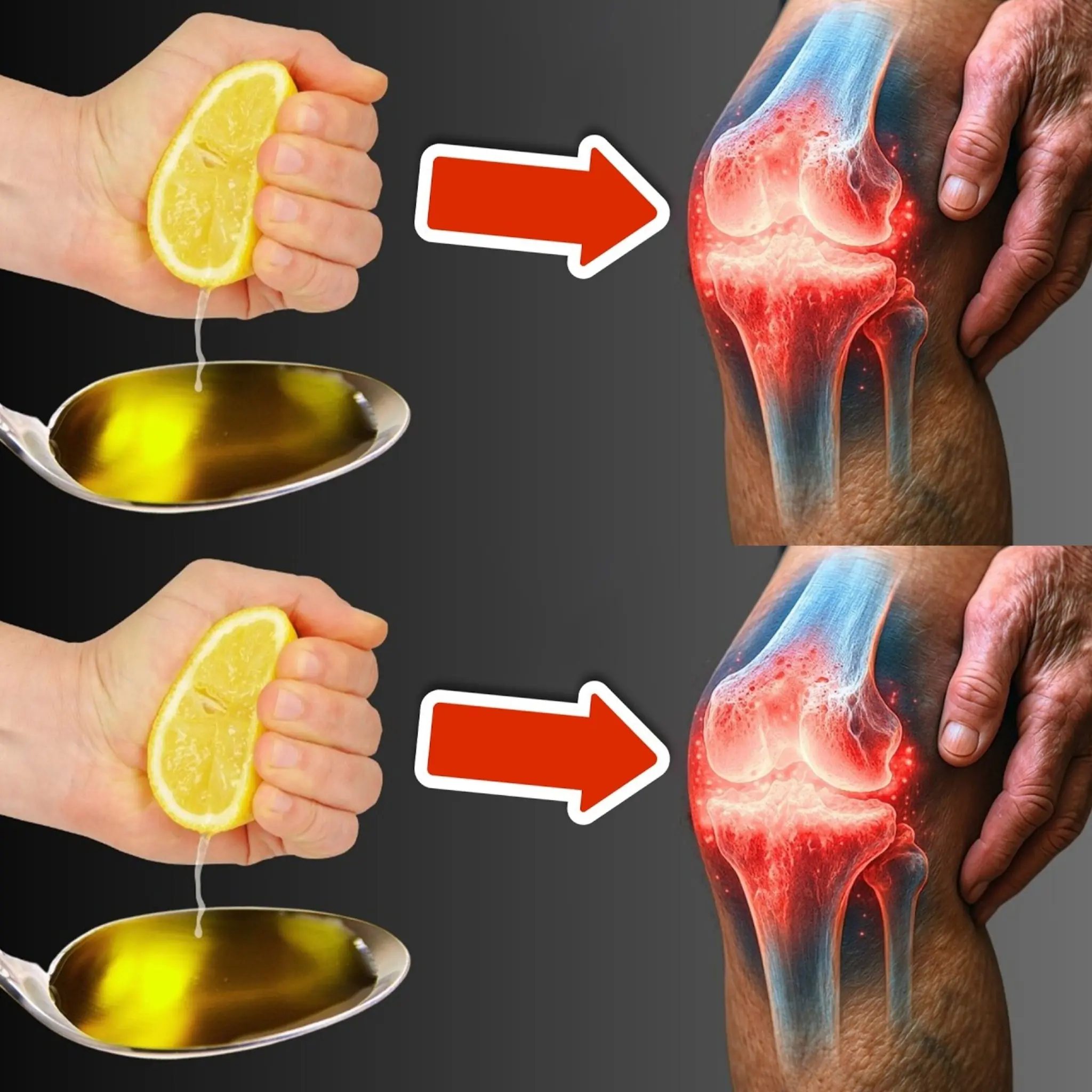
The (Unfortunately Secret) Remedy to Rebuild Knee Cartilage 💥 Incredibly Fast with Lemon & Olive Oil 🤯
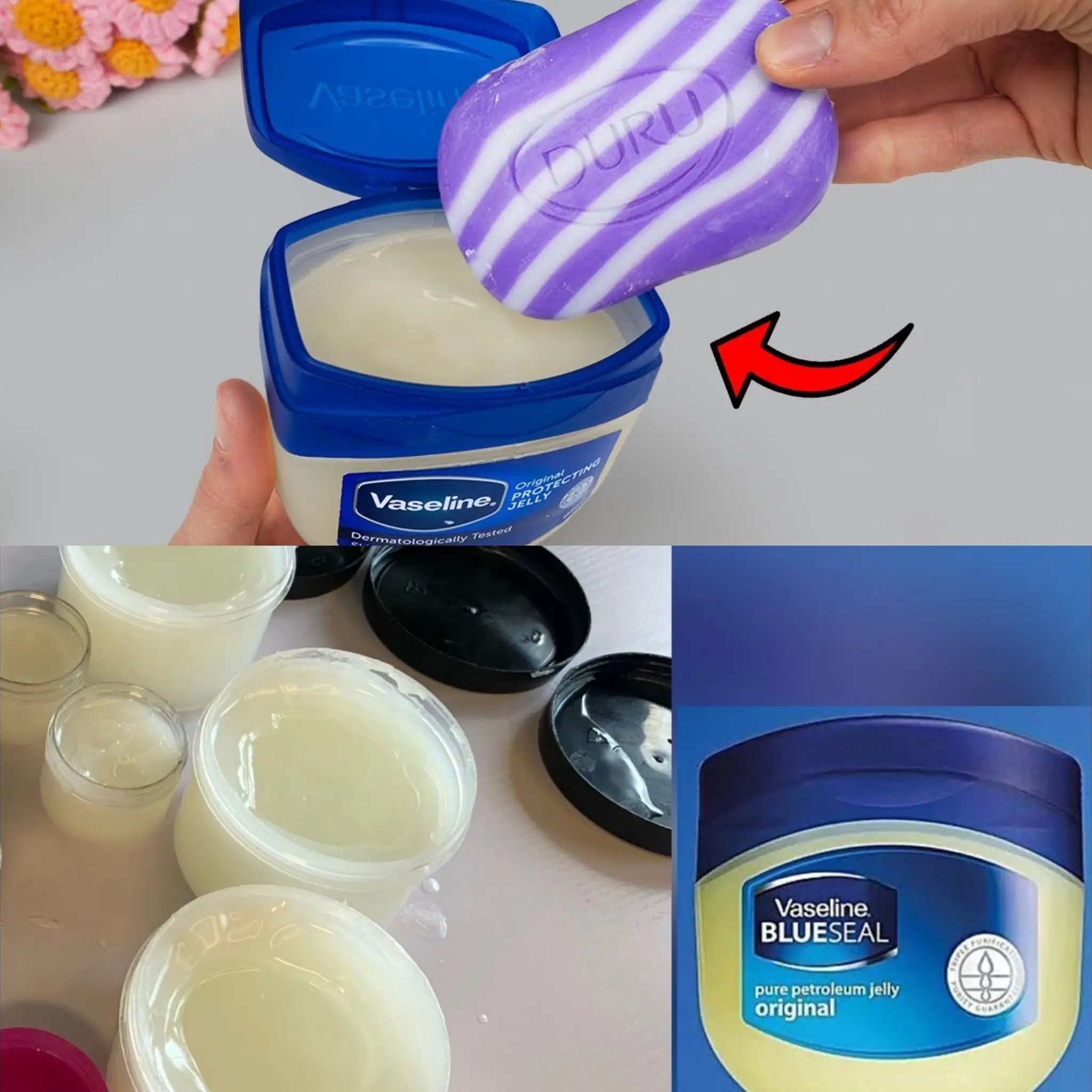
Mix Vaseline with Soap and You’ll Be Shocked! If Only I Knew This Earlier! 🧼✨

Yeast Face Mask: A Natural Secret for Smoother, Radiant Skin
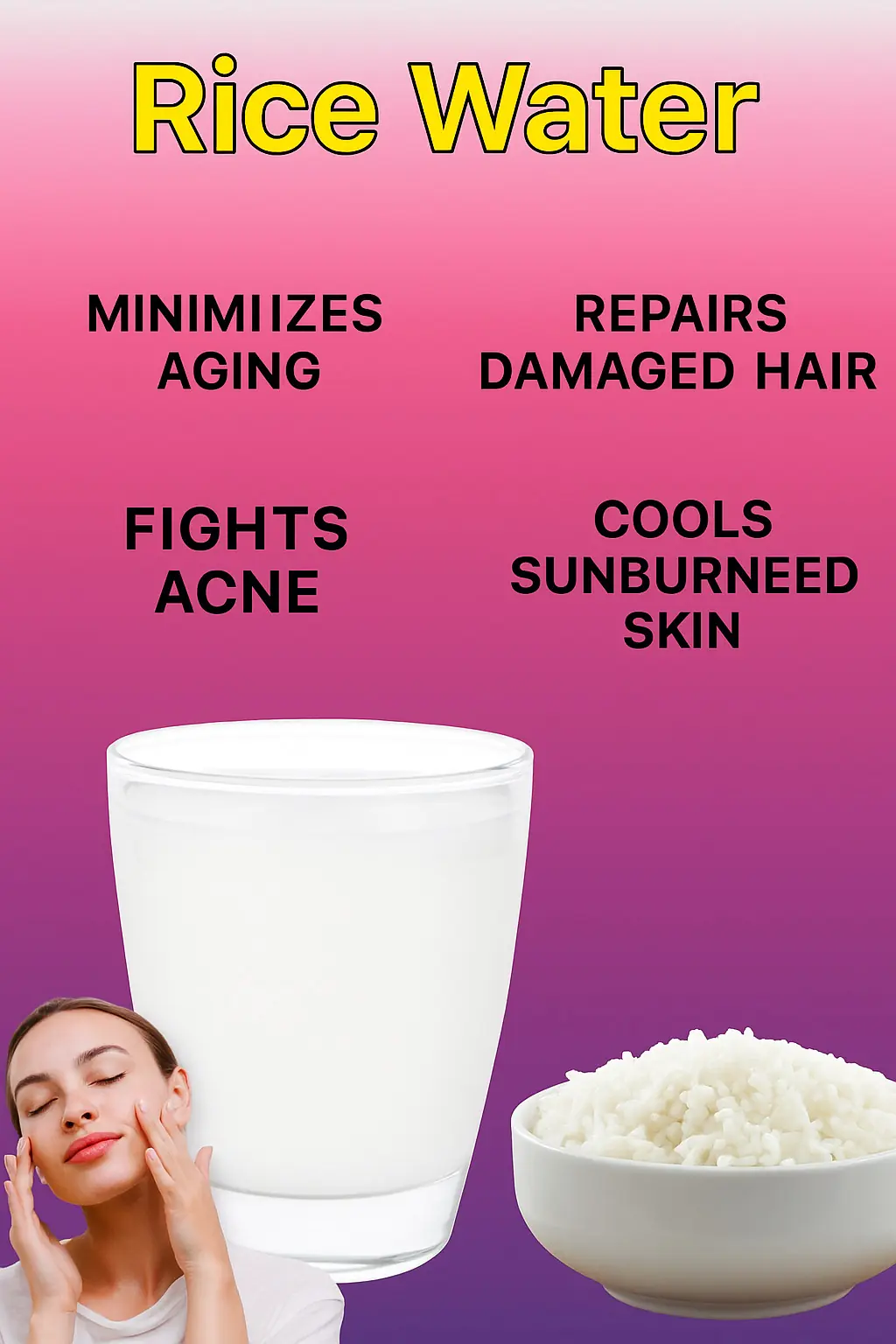
Homemade Rice Water: The Natural Tonic Your Skin (and Hair) Will Love ✨
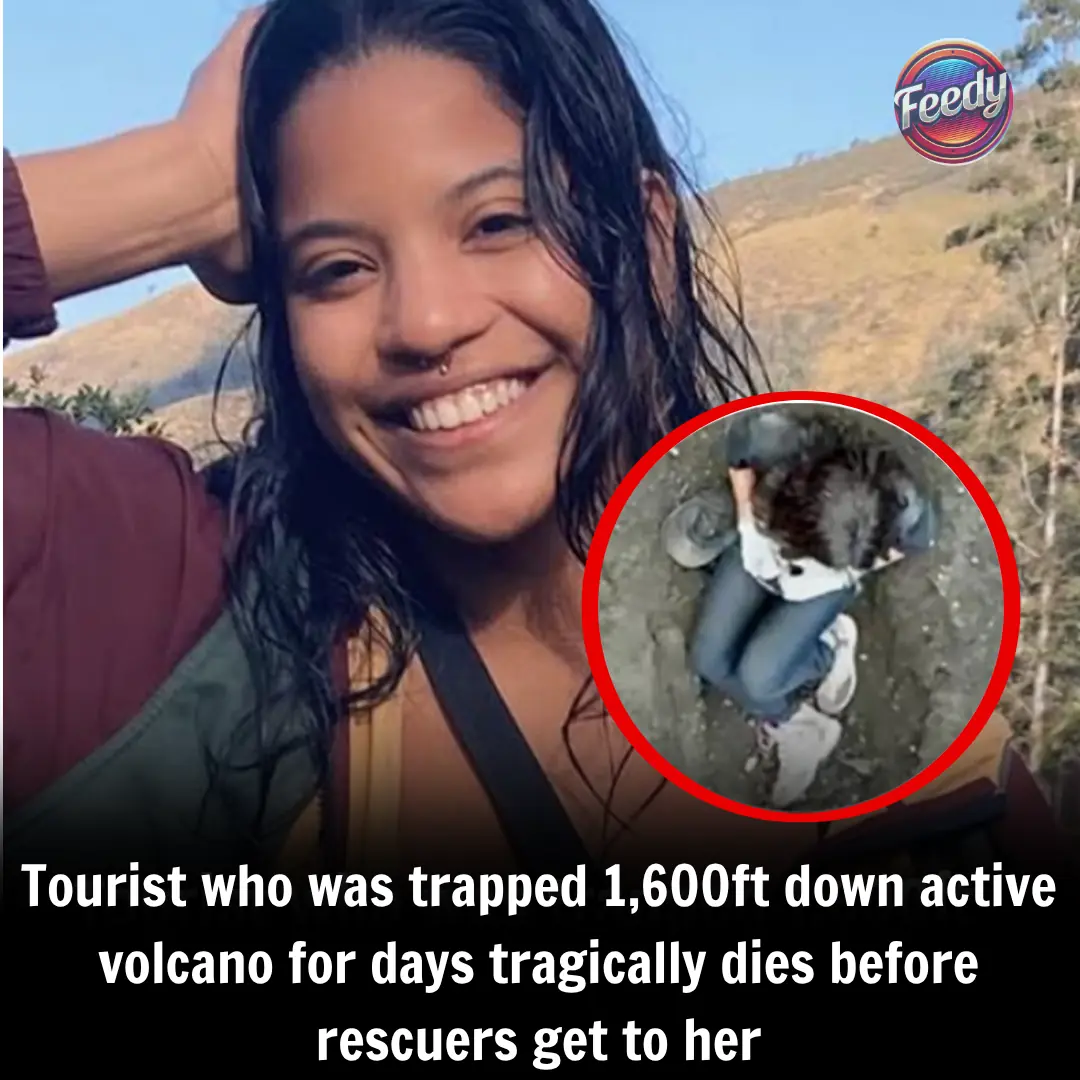
Tourist who was trapped 1,600ft down active volcano for days tragically dies before rescuers get to her
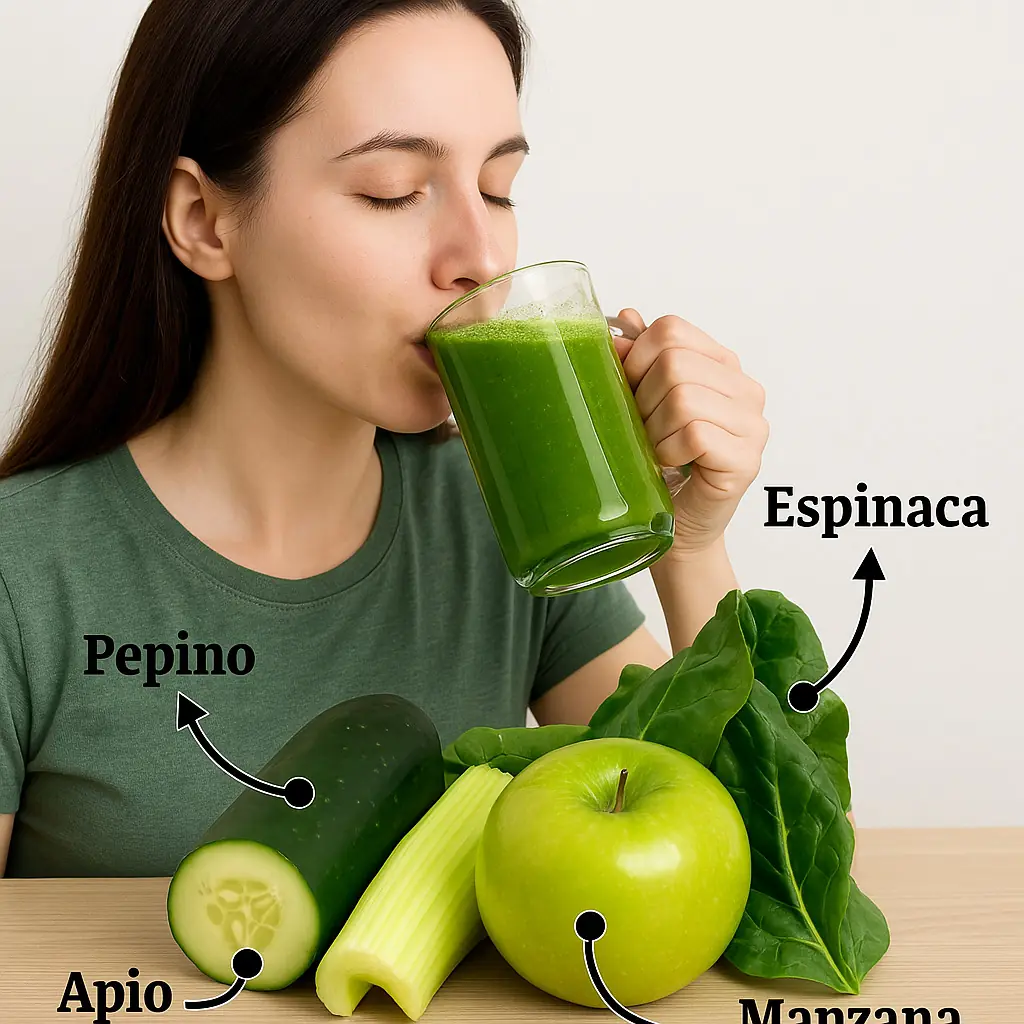
The Ultimate Green Juice for Weight Loss

Natural Remedy to Eliminate Arthritis, Swollen Feet, Poor Circulation & Back Pain
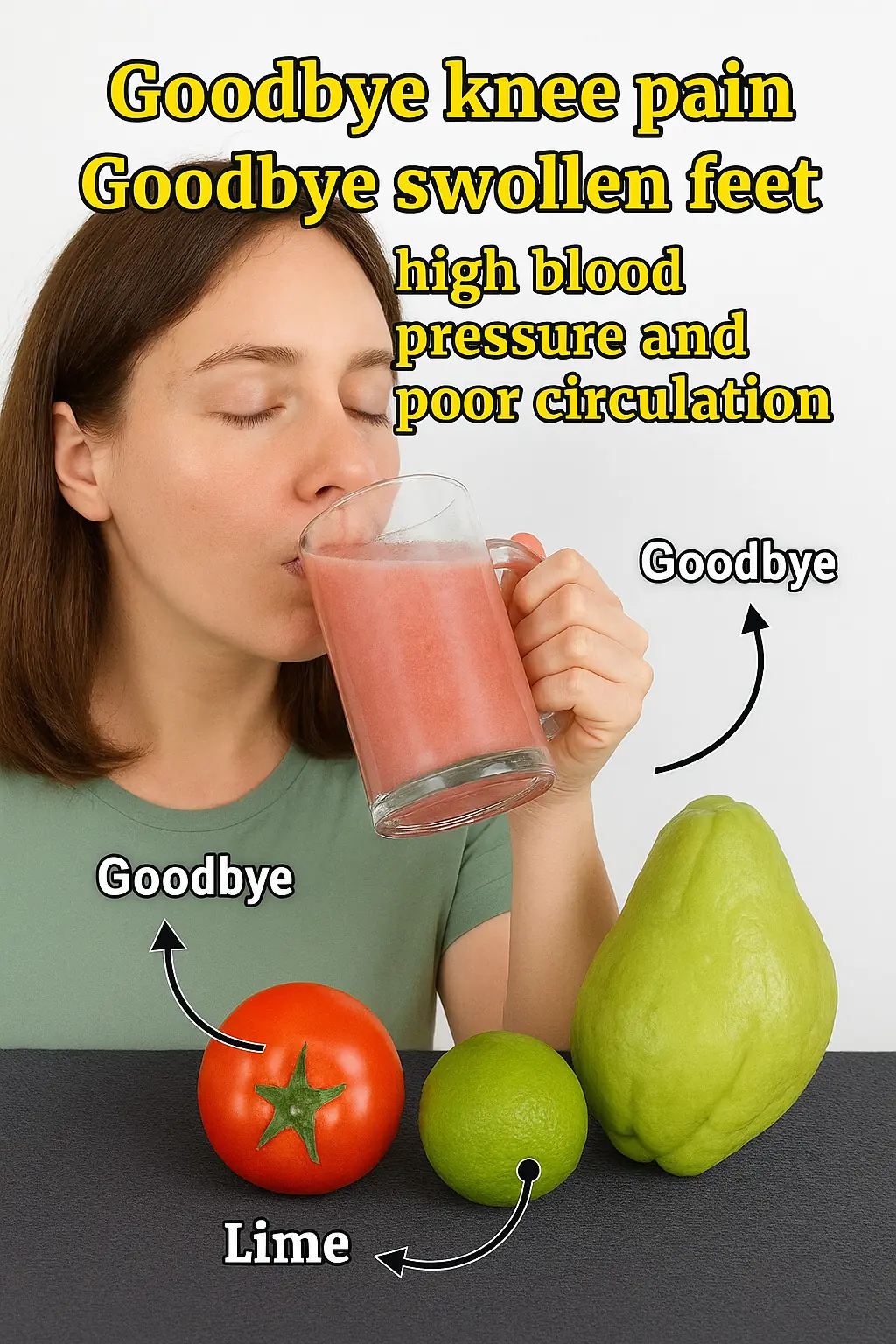
Say Goodbye to Knee Pain and Swollen Feet with This Natural Remedy
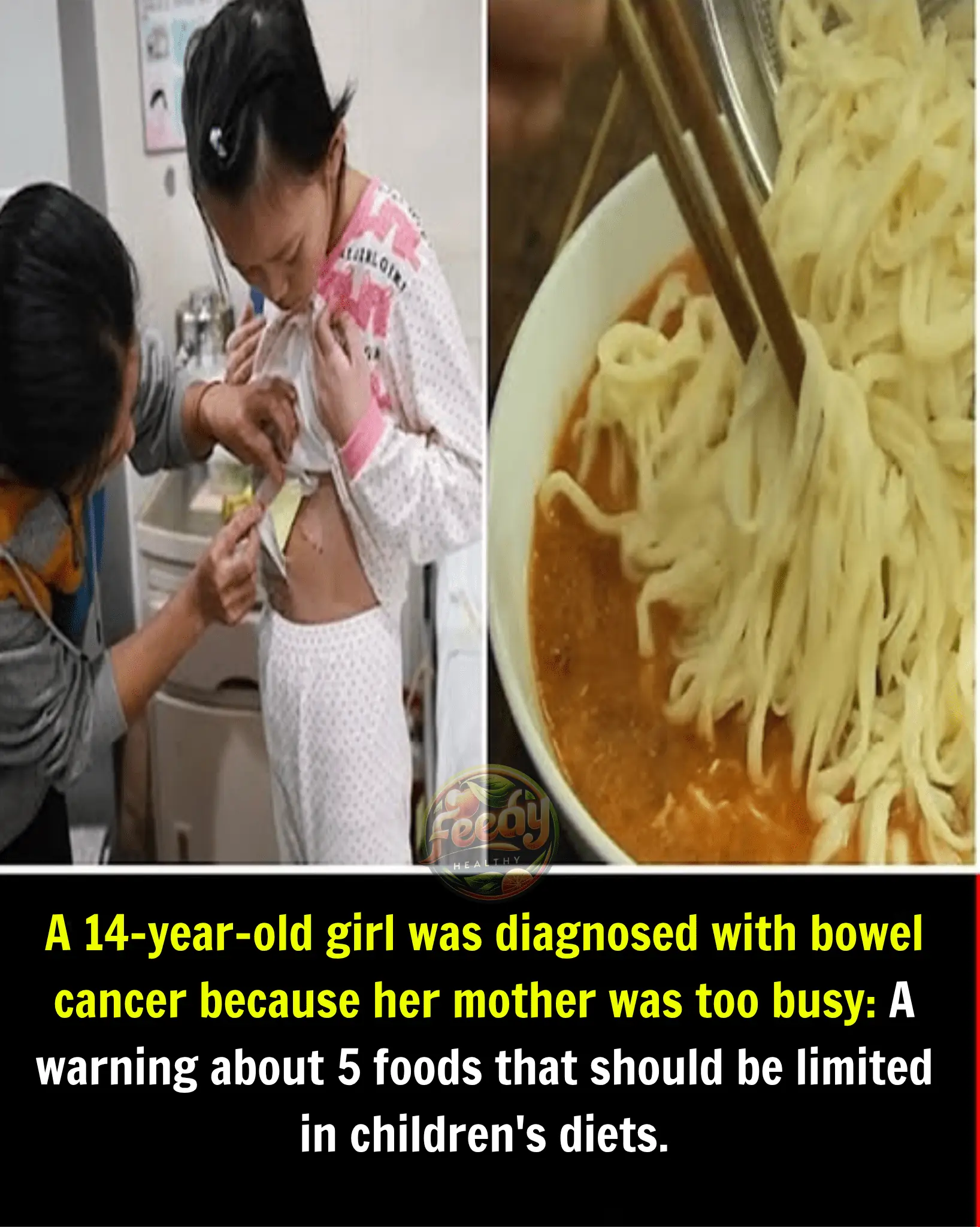
A 14-Year-Old Girl Diagnosed with Bowel Cancer Due to Her Mother's Busy Schedule: A Wake-Up Call About 5 Foods Children Should Never Eat for Breakfast

How to Transform Banana Peels into Powerful Homemade Fertilizer In Just 5 Steps
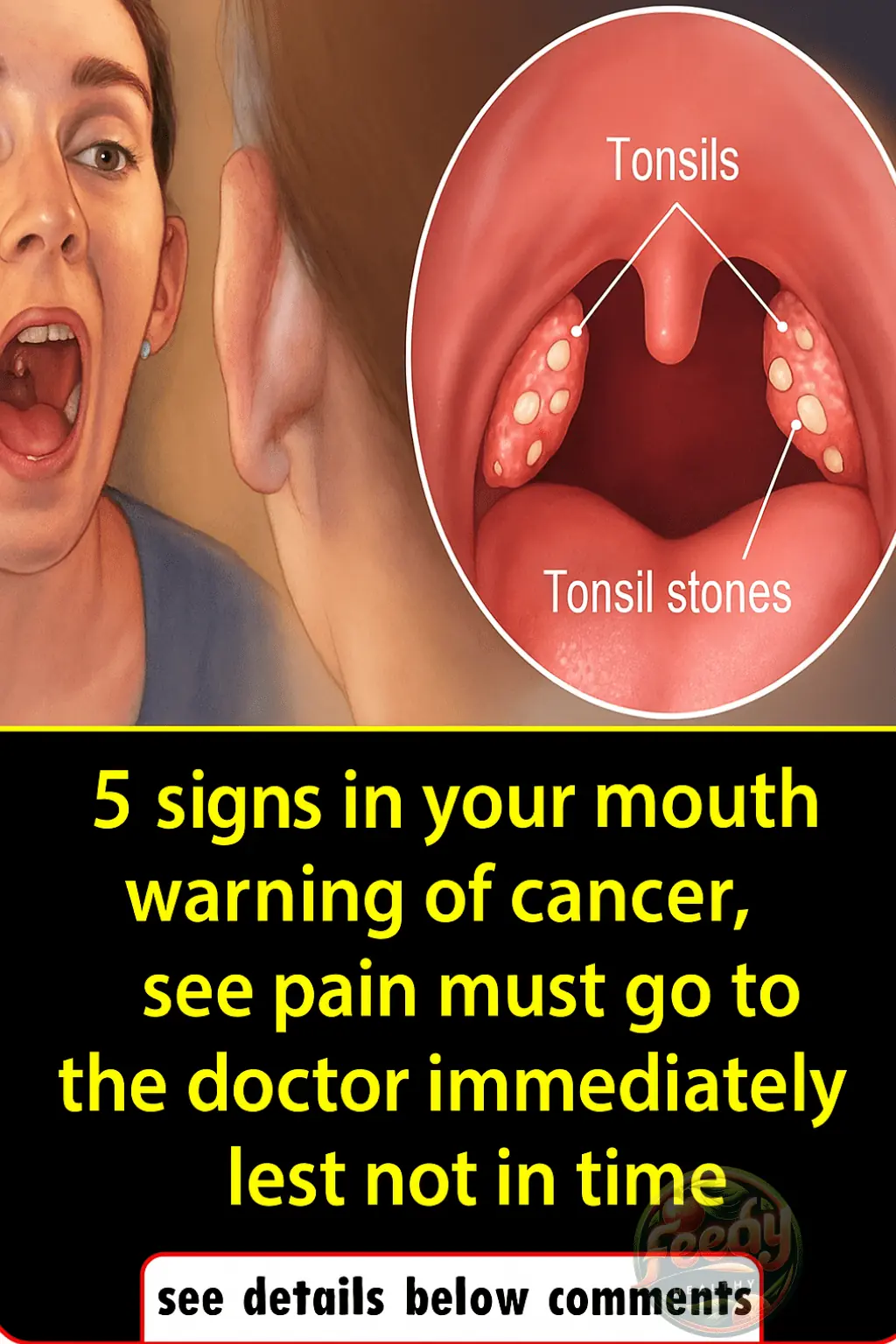
5 Mouth Symptoms That Could Signal Cancer – Don’t Ignore the Pain
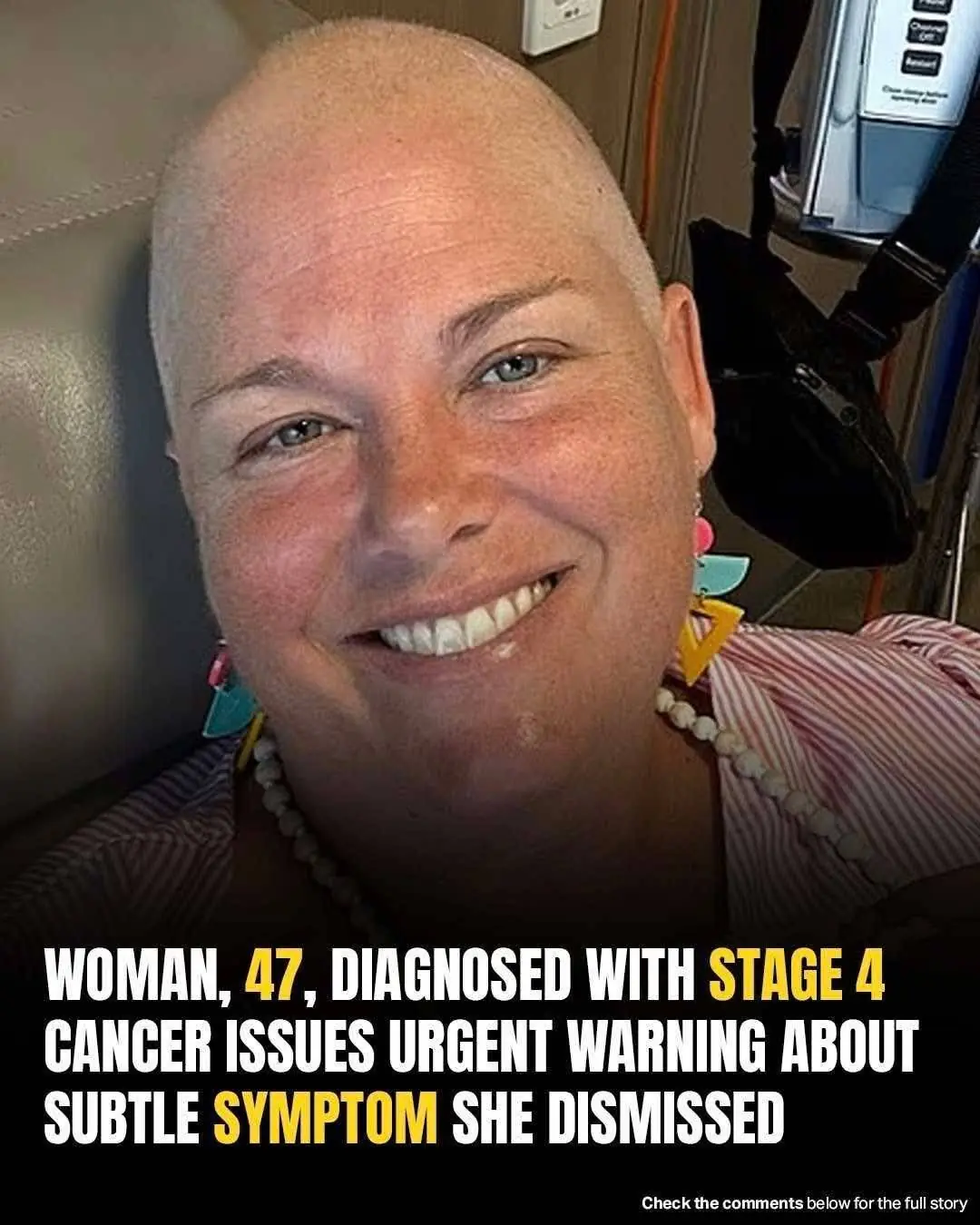
Stage 4 cancer patient warns overlooked minor signs can mask a fatal disease
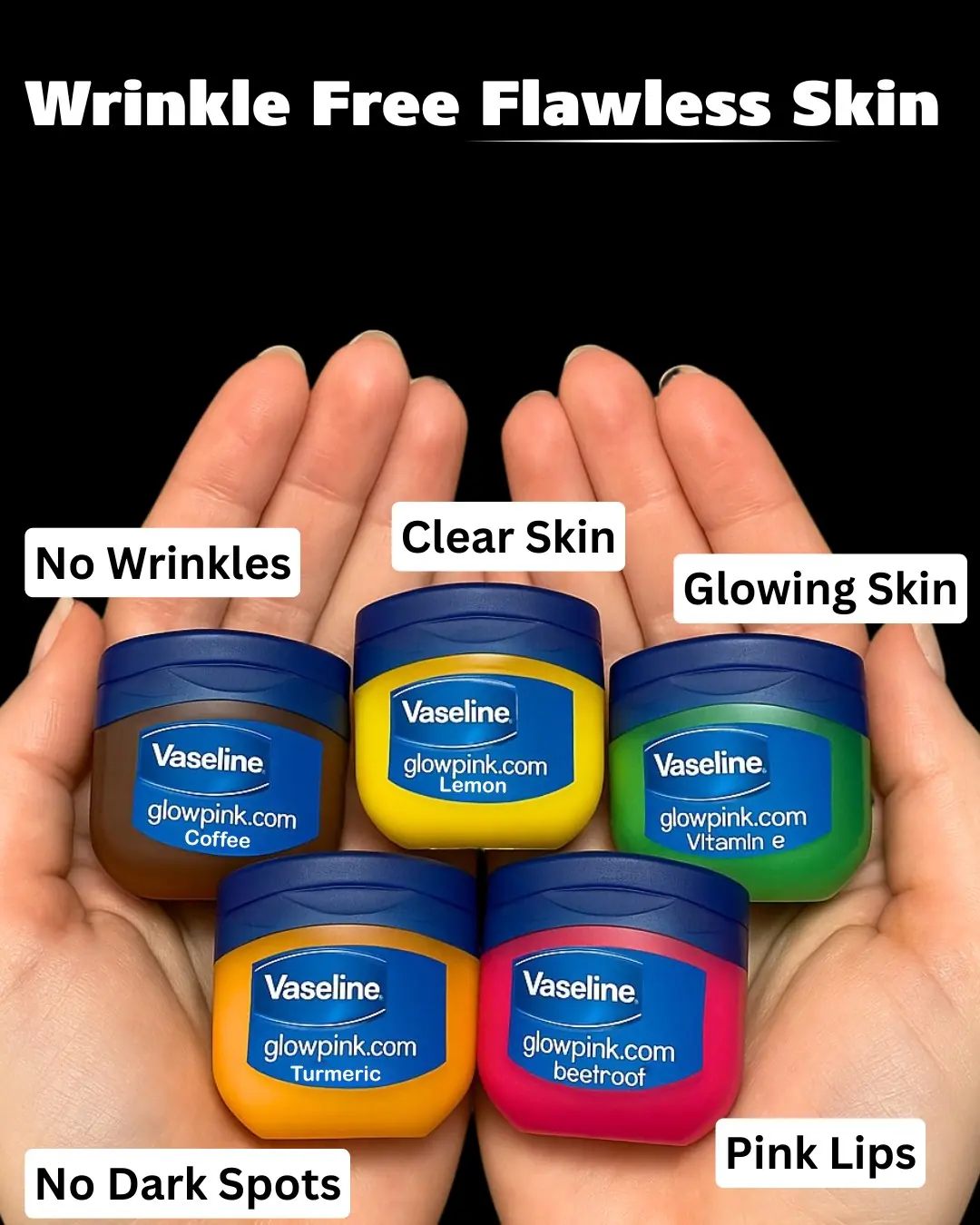
Vaseline For A Wrinkle-Free, Flawless, Glowing Skin
